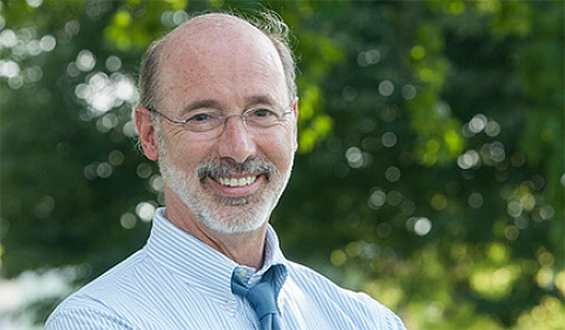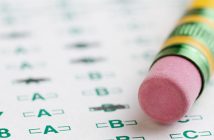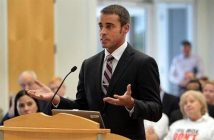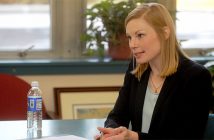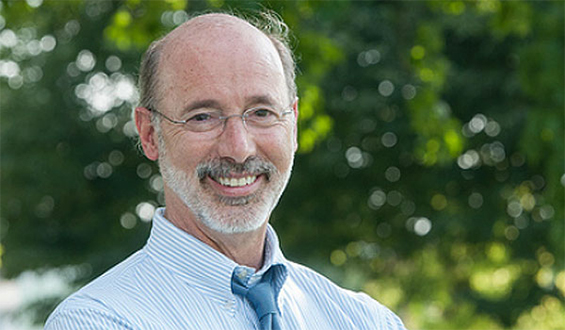
Pennsylvania Governor Tom Wolf has announced that he would advise an increase to public education funding of $200 million when he releases his budget for the new fiscal this week.
But the raise has not yet been agreed upon by the Republican-controlled legislature, nor has a final budget for this fiscal year been approved.
Angela Couloumbis and Justine McDaniel of The Philadelphia Inquirer write that the governor continues to make education funding a priority and will give his budget address Tuesday to a joint session of the legislature. His goal is to find a way to fund the state’s schools, get rid of the state’s deficit, and put Pennsylvania “back on track.”
The $200 million boost will be added to the $365 million the lawmakers and governor agreed to use for schools in the fiscal year that began in July of 2015. However, this budget plan was not approved by House Republicans who make up a majority of the state representatives.
The cause for the stalemate involves the method that would be used to pay the additional money for schools. The increase would have to be funded by state sales tax or personal income tax.
The plan sent to the governor did not raise any broad-based taxes but did include more money for schools, although not nearly what the governor wanted. Wolf vetoed the proposal in part, but billions of dollars were left in limbo. He did agree to give schools six months worth of emergency funds and over $9 billion to the human services department.
Despite the fact that the Wolf administration seems to believe there is still a chance for last year’s budget to be approved, spokesman for the House Republicans Steve Miskin said:
“How do you add spending on top of something that doesn’t even exist? That is part of the problem with this administration, they just keep trying to spend without a sense of reality.”
As for educators, they still do not know how much aid from the state they will receive this year. If the agreement is not resolved, the $200 million the governor suggested is far from a reality.
Jennifer Hoff, school board president in William Penn School District in Delaware County, put it this way: “I’ll believe it when I see it.”
Meanwhile, Wolf signed a bill last week that will put a halt to the annual standardized Keystone Exam through at least the 2018-19 school year. The test has been a requirement for graduating from high school since the 2012-13 school year when it replaced the Pennsylvania System of School Assessment (PSSA) standardized tests .
The governor wants to orchestrate this delay so that Pennsylvania school districts and the Department of Education can research and create alternative methods to better prepare students for college, career, and beyond, reports Matt Maisel for WPMT-TV.
“I, and evidently the legislators, felt that [the Keystone Exam]was not doing a service for employers or institutes of higher education,” Wolf said of Senate Bill 880, which passed the House and Senate with unanimous support. “Are we preparing students to take jobs in the work place? Are we preparing students to do well when they get to college? Those are the things we want to measure, and not just ‘Do you know 2+2=4?’”
The Keystone assessment measures students’ abilities in algebra I, biology, and literature. But Department of Education Secretary Pedro Rivera explained that this delay would not permanently end the standardized test and instead would be a part of an on-going solution.
Over the next six months, Rivera will be working with districts across the state to design recommendations for future standardized exams. The idea, he continued, is to focus on the factors that will determine students’ success.

